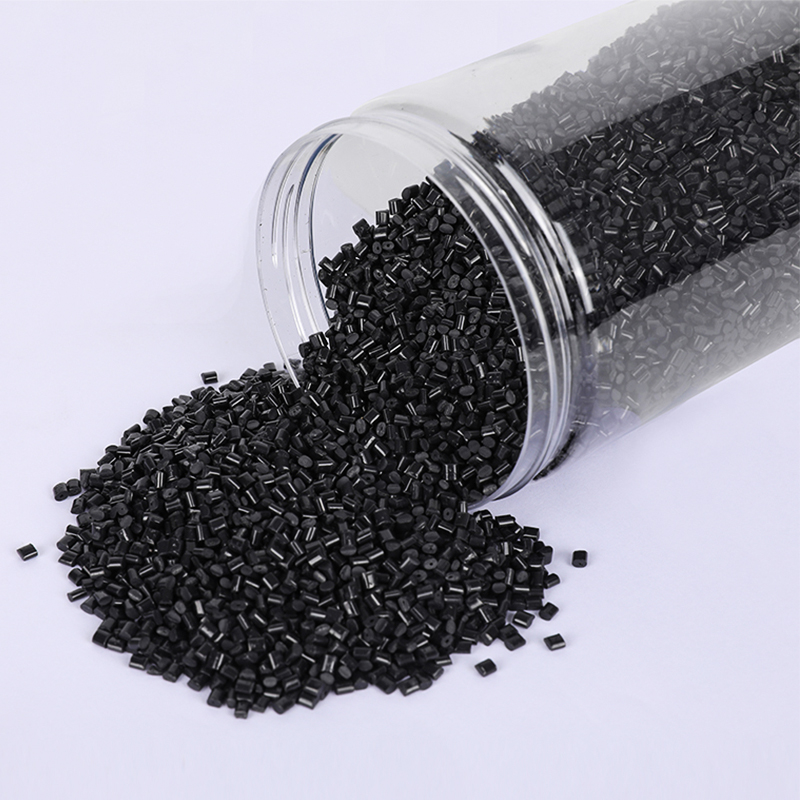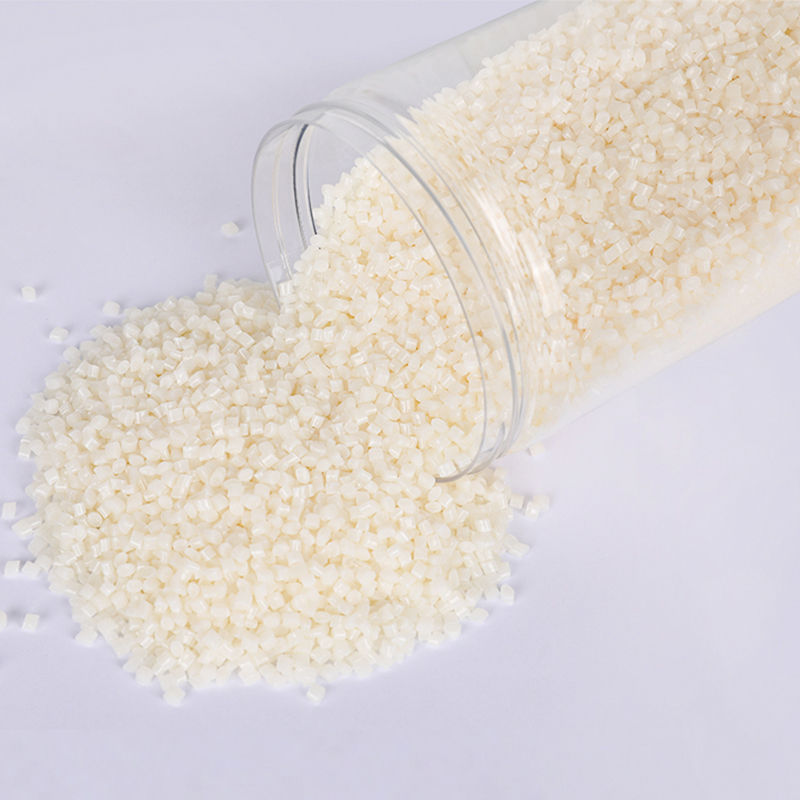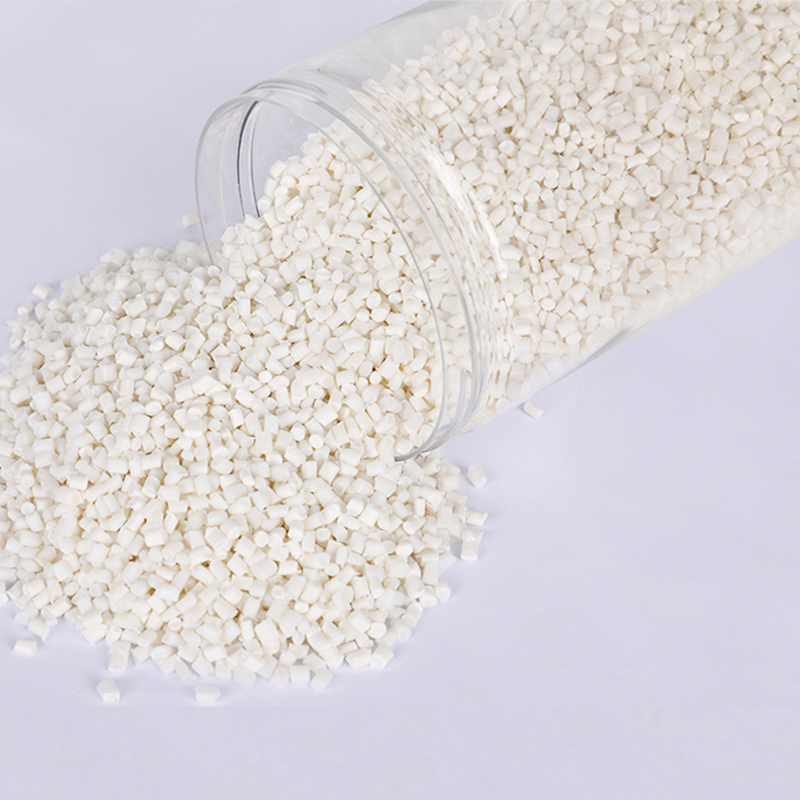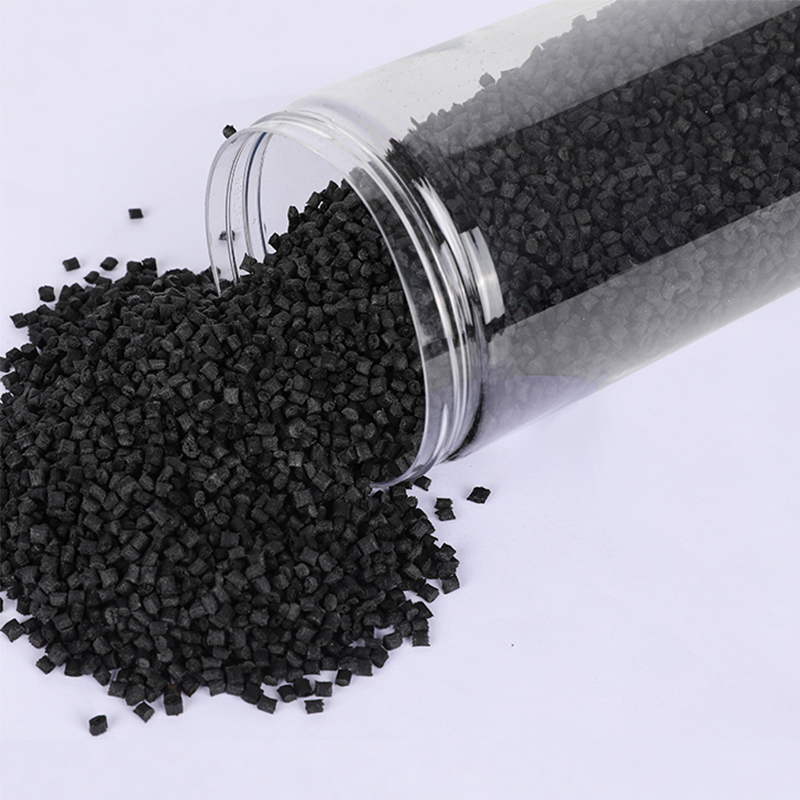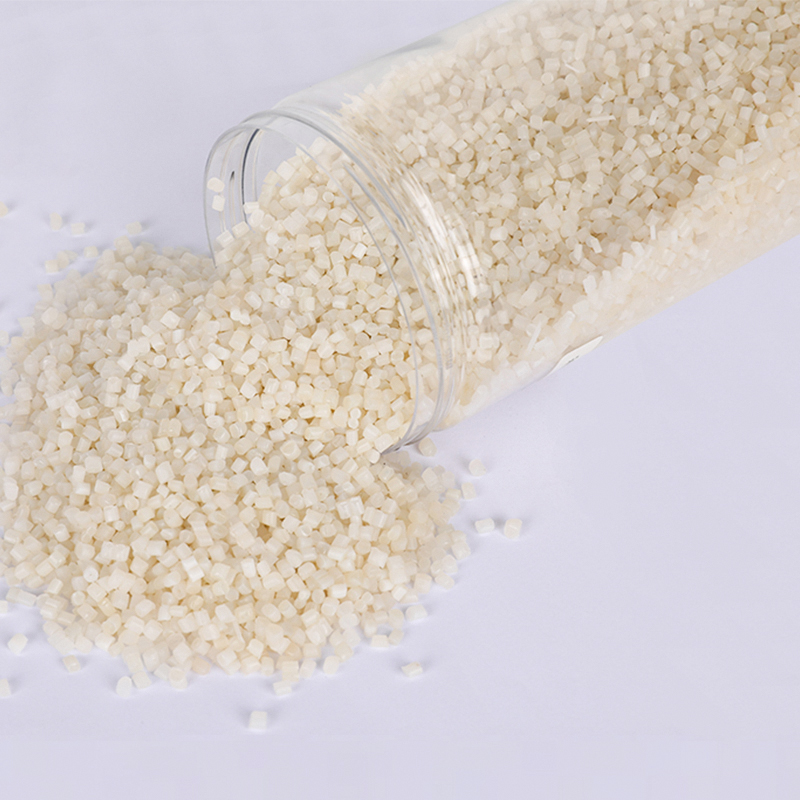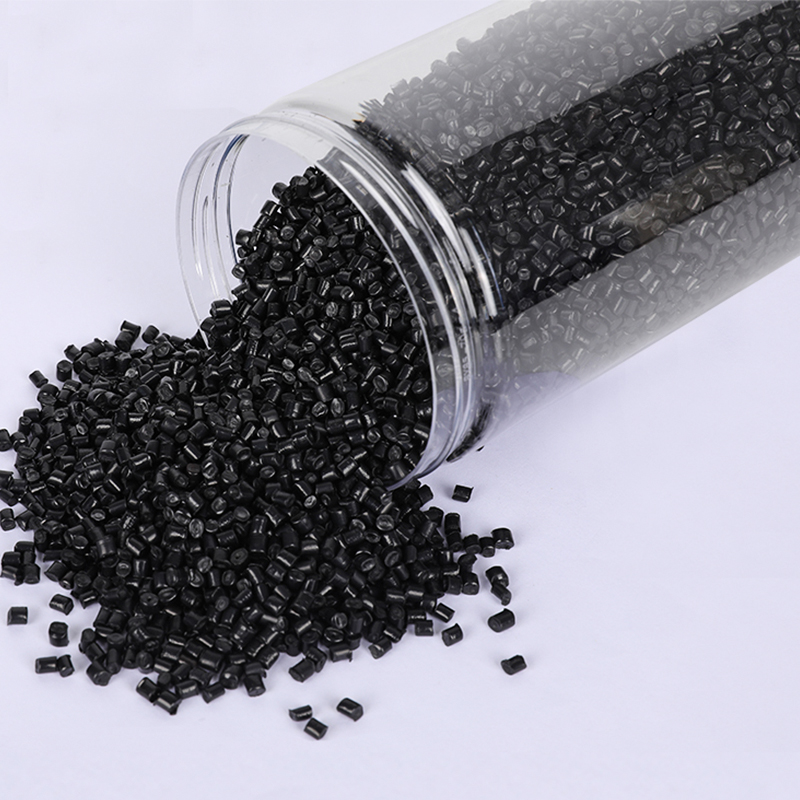Stay up to date with our recent products
Web Menu
Product Search
Exit Menu
Recycled Resin Polyethylene: Reducing Carbon Footprint with Every Produc
As industries around the world continue to face the growing challenge of sustainability, the demand for eco-friendly materials has never been more urgent. Among these sustainable alternatives, recycled resin polyethylene stands out as a powerful solution. By reducing the environmental impact of production processes and providing a secondary life to plastic waste, recycled polyethylene is playing a key role in reducing carbon footprints and supporting a more sustainable future.
What is Recycled Resin Polyethylene?
Recycled resin polyethylene (rPE) is a plastic material derived from post-consumer plastic waste, specifically polyethylene, which is the most commonly used plastic worldwide. Polyethylene is widely used in packaging, bags, bottles, and even in some medical applications due to its versatility, durability, and low cost. However, the environmental issues associated with the disposal of polyethylene products have become a growing concern. By recycling polyethylene, manufacturers can reuse the plastic resin in new products, reducing the need for virgin material and decreasing the environmental impact.
The recycling process for polyethylene resin involves collecting plastic waste, cleaning it, and then reprocessing it into new pellets or sheets of rPE. These can be reused in various applications, including packaging, agricultural films, construction materials, and even new polyethylene products.
Environmental Benefits of Recycled Polyethylene
One of the primary advantages of recycled resin polyethylene is its ability to significantly reduce the carbon footprint of plastic products. Here's how:
1. Reduction in Greenhouse Gas Emissions
The production of virgin polyethylene is an energy-intensive process that contributes to greenhouse gas emissions. By using recycled polyethylene, manufacturers can lower the energy requirements for creating new products, thus reducing the emissions associated with production. According to studies, recycling polyethylene saves up to 70% of the energy compared to producing virgin plastic, directly contributing to a decrease in the overall carbon footprint of the industry.
2. Decreasing the Need for Virgin Resources
The extraction of petroleum, the raw material used to produce virgin polyethylene, is a resource-intensive process that has a significant environmental toll, including habitat destruction, oil spills, and energy consumption. Recycled polyethylene alleviates the need for this constant extraction by reusing plastic that has already been produced. This helps reduce the demand for virgin resources, thereby preserving natural habitats and minimizing the ecological footprint of plastic production.
3. Reduction in Landfill Waste
Plastic waste is a major environmental issue, with millions of tons of plastic ending up in landfills or oceans each year. By recycling polyethylene, companies are diverting this waste from landfills, giving it a second life in new products. This helps reduce landfill congestion and mitigates the environmental risks posed by plastic waste in the environment, such as pollution of waterways and wildlife.
The Role of Recycled Polyethylene in the Circular Economy
Recycled polyethylene is a fundamental material in the growing circular economy model. In a circular economy, products and materials are kept in use for as long as possible, and when they reach the end of their life cycle, they are recycled, remanufactured, or reused to create new products. This reduces waste and the need for new raw materials.
By incorporating recycled resin polyethylene into production, manufacturers can help close the loop in the plastic supply chain. Products made from rPE help extend the life cycle of plastic materials, reducing the overall demand for new plastic production. This model promotes sustainability by minimizing waste and conserving resources, encouraging more industries to adopt circular practices.
Applications of Recycled Polyethylene
Recycled resin polyethylene is versatile and can be used across a wide range of industries. Some of the most common applications include:
1. Packaging
Recycled polyethylene is commonly used in packaging applications, including the production of bottles, bags, films, and containers. This helps reduce the demand for virgin polyethylene and ensures that packaging products have a lower environmental impact. Many companies are now switching to packaging made from recycled content to improve their sustainability credentials.
2. Construction Materials
Recycled polyethylene can be used in the construction industry for products such as insulation, composite decking, and road barriers. These materials benefit from the strength and durability of polyethylene while contributing to waste reduction and sustainability.
3. Agricultural Films
In agriculture, polyethylene is often used to create films for greenhouse covers, mulch, and silage. Using recycled polyethylene in these applications helps lower the carbon footprint of agricultural practices while maintaining the performance and durability of the films.
4. Textiles
Another emerging application of recycled polyethylene is in textiles. Recycled polyethylene can be spun into fibers that are used in the production of clothes, upholstery, and carpeting. This helps create more sustainable fabrics by reducing the need for new raw materials.
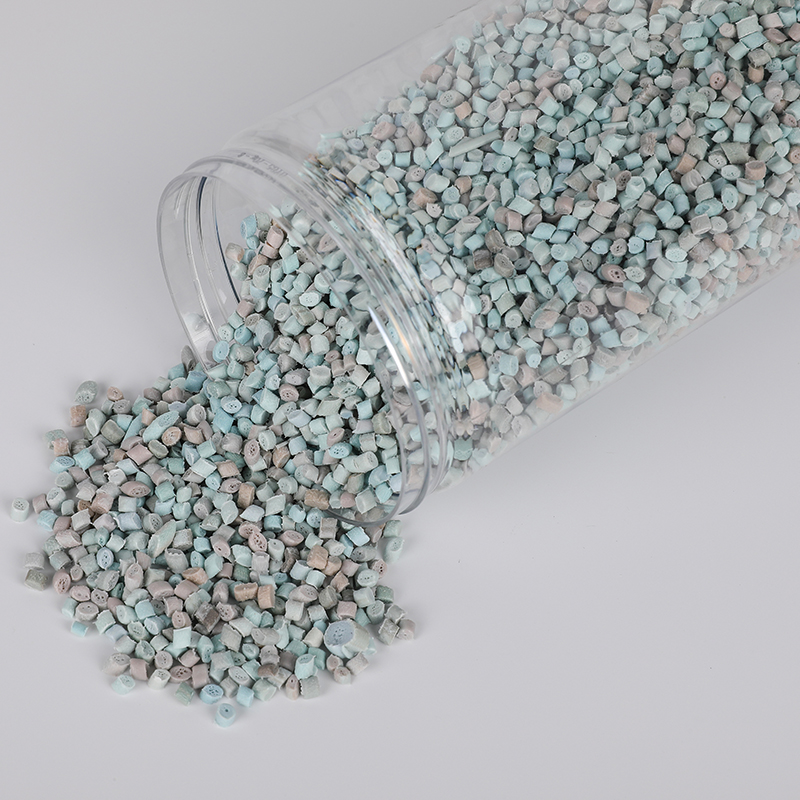
Challenges and Opportunities for Recycled Polyethylene
While the use of recycled polyethylene offers numerous environmental benefits, there are still challenges to overcome. One major challenge is the quality and consistency of recycled materials. Polyethylene waste can be contaminated with other materials, which makes the recycling process more complex and costly. Innovations in sorting technologies, cleaner production processes, and better waste management can help address this issue.
Another challenge is the market demand for recycled polyethylene. While many industries are increasingly turning to recycled materials, the cost of producing rPE can sometimes be higher than using virgin plastic, which can limit its adoption. However, as recycling technologies improve and consumer demand for sustainable products grows, the cost of recycled polyethylene is expected to become more competitive.
Despite these challenges, the opportunities for recycled polyethylene are vast. The growth of consumer awareness around sustainability, combined with increasing regulatory pressure on businesses to reduce their environmental impact, will drive further innovation in the recycling sector. Government incentives and regulations promoting the use of recycled materials can also help support the growth of this market.
Conclusion
Recycled resin polyethylene is a key player in reducing the carbon footprint of the plastic industry and promoting a more sustainable future. By reducing greenhouse gas emissions, conserving natural resources, and minimizing landfill waste, recycled polyethylene is helping to create a more circular, eco-friendly economy. While challenges remain in terms of cost and quality, the continued development of recycling technologies and growing consumer demand for sustainable products will drive the widespread adoption of recycled polyethylene. Ultimately, the use of recycled resin polyethylene is a step forward in the global effort to combat climate change and protect the environment for future generations.
As China PCR Recycled Plastic Granules Factory, We always adhere to the experience and philosophy of "keeping up with the times, constantly innovating, developing efficiently, and cooperating for mutual benefit"

Address: No.11, Wangzhuang Section, Provincial Road 01, Daqiao New Area, Economic Development Zone, Haiyan County, Jiaxing City, Zhejiang Province, China
Phone: +86-18058285678
Fax: +86-0573-86868101
E-mail: [email protected]
SUNRISE GROUP(Overseas Exclusive Agent)
www.sunrisechemical.com
2024 ICIS Global Chemical Distributor Top 8
Export Sales Manager:Helen Zhang
Mob/Whatsapp: +86 19883063465
Email: [email protected]
Copyright © Jiaxing Anyiju Plastic Industry Co., Ltd. All Rights Reserved

 简体中文
简体中文 English
English

